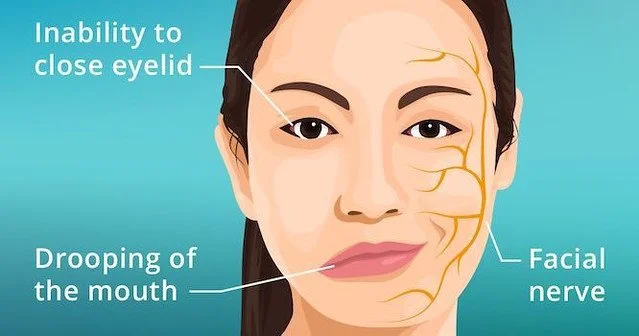Bell's palsy is a condition characterized by the sudden onset of facial paralysis, typically affecting one side of the face. It is caused by the inflammation or compression of the facial nerve, leading to various symptoms such as drooping of the mouth, difficulty in closing the eye, and impaired sense of taste. Some causes of the onset of Bell’s Palsy are Lyme disease, shingles or other viruses, some vaccinations, or exposure to wind-cold for prolonged periods of time. Acupuncture has emerged as a promising complementary therapy that can significantly contribute to the recovery process. In this article, we will delve into the benefits of acupuncture in the treatment of Bell's palsy and explore how it can assist patients in regaining facial function.
Acupuncture is a traditional Chinese medicine practice that involves the insertion of thin needles into specific points on the body. These points are believed to be interconnected through pathways known as meridians, which regulate the flow of energy, or "qi," throughout the body. By stimulating these points, acupuncture aims to restore the balance of qi and promote overall well-being.
How Acupuncture Benefits Bell's Palsy Patients:
Reducing Inflammation: Acupuncture has been found to possess anti-inflammatory properties. By targeting specific acupuncture points, practitioners can help reduce inflammation around the facial nerve, thus alleviating the swelling and compression that contribute to Bell's palsy symptoms.
Restoring Nerve Function: Acupuncture stimulates nerve regeneration and repair by promoting blood circulation to the affected area. The insertion of acupuncture needles triggers the release of endorphins and other neurotransmitters, which can enhance the body's natural healing response and facilitate the recovery of damaged facial nerves.
Pain Management: Bell's palsy can be accompanied by pain and discomfort. Acupuncture has been shown to effectively relieve pain by triggering the release of endogenous opioids, the body's natural pain-relieving chemicals. This can provide much-needed relief for patients during their recovery process.
Muscle Re-education: The facial paralysis caused by Bell's palsy often leads to muscle weakness and imbalances. Acupuncture can help re-educate the facial muscles by stimulating specific points, facilitating muscle tone and coordination. Regular acupuncture sessions can assist patients in regaining control and symmetry in their facial expressions.
Stress Reduction: Dealing with the sudden onset of facial paralysis can be emotionally challenging. Acupuncture not only addresses physical symptoms but also promotes relaxation and stress reduction. By targeting specific acupuncture points, the treatment encourages the release of endorphins and promotes a sense of well-being, helping patients cope with the psychological impact of Bell's palsy.
It's important to note that acupuncture is not a standalone treatment for Bell's palsy but should be used in conjunction with conventional medical care. Bell's palsy patients typically receive corticosteroids to reduce inflammation and antiviral medications to combat potential viral causes. Acupuncture can complement these treatments by enhancing their effectiveness and accelerating the healing process.
Acupuncture offers a range of benefits for individuals suffering from Bell's palsy. By reducing inflammation, promoting nerve function, managing pain, re-educating facial muscles, and reducing stress, acupuncture plays a valuable role in the recovery process. It is crucial for patients to consult with trained and licensed acupuncturists who have experience in treating Bell's palsy to ensure safe and effective treatment. While further research is still needed to fully understand the mechanisms of acupuncture in Bell's palsy, the existing evidence supports its potential as a beneficial adjunct therapy in the comprehensive management of this condition.

